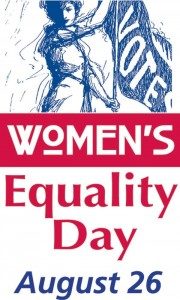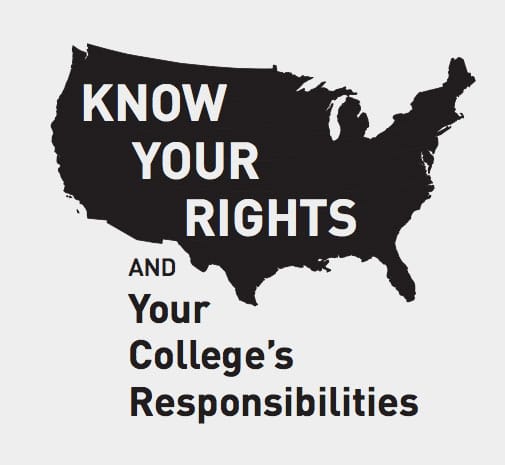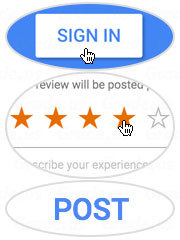New Title IX Resources Available for Students
Published - August 16, 2017
Why Title IX?
In vocational courses in high schools, most girls could only take “home ec” (cooking, sewing), while most boys could only take “shop” (woodworking, metalworking). Before, schools could deny women training in fields that society considered “inappropriate” for them. Therefore, women trained primarily for low-wage, traditionally female jobs like health aides and cosmetologists.
The Title IX law passed in 1972 that requires gender equity for boys and girls in every educational program that receives federal funding. Now, schools can no longer legally shut doors to certain courses or training on the basis of sex. The law says girls must be free to pursue career training in courses like aviation, automotive repair, and architectural drafting, while boys can choose to pursue cooking, nursing, and cosmetology. It’s about time! Career training must be by choice not by gender. Students may learn more about these issues and become educated with facts with the Title IX resources available to them.

Title IX and Sexual Harassment
College-aged adults may experience sexual harassment or unwanted sexual behaviors. These behaviors can range from using technology to hurt others with unsolicited or non-consensual sexual interactions, to verbal or written comments about a person’s body, to obscene gestures. These ultimately leave the victim feeling unsafe and manipulated. Perpetrators of sexual violence and harassment often know the victim. In fact, 7 out of 10 do. Yet only 3 out of 10 of those sexually assaulted come forward, mostly due to fear.
What Can CBD Do?
At CBD College, there are a number of resources and people to go to for support. Always know that help is available. Sexual harassment is against the law, and CBD College has a zero tolerance policy against sex discrimination, specifically addressing harassment. It is not tolerated. CBD College follows the rules rules and procedures for reporting charges of sexual harassment.
What can YOU do?
It is important to be a good friend and look for warning signs that a peer might have been sexually harassed. Depression, self-harming behaviors, low self-esteem, and anxiety are among some of the signs. Falling grades and dropping out of classes remain signs particularly common among college-aged adults.
If you are being sexually harassed, it is important not to blame yourself. Say “No,” clearly so the person harassing knows his/her behavior offends you. Write down what happened exactly and report it to a Program Director or CBD College’s Title IX Coordinator. As a bystander or victim of sexual violence, remember that you are not alone. If you feel someone close to you has been sexually abused, you can talk to someone trained to help. Call the National Sexual Assault Hotline at 800-656– HOPE (4673). The Student Resource Center houses a multitude of other resources concerning harassment and abuse. For more information, please see Student Affairs.




